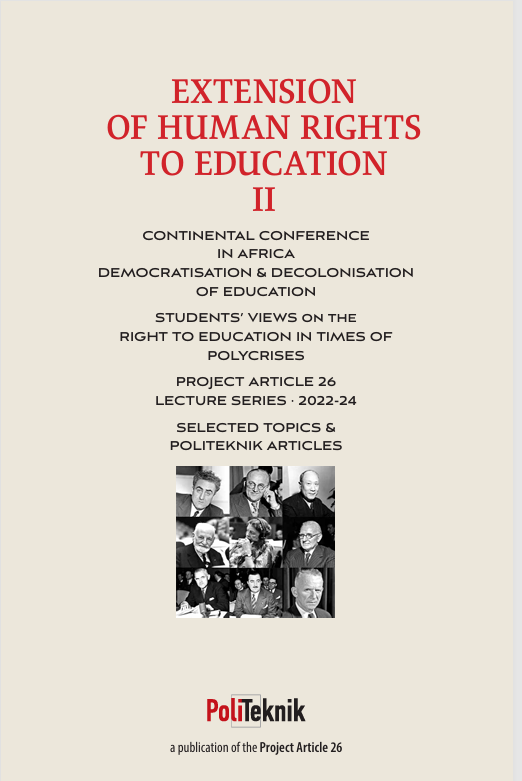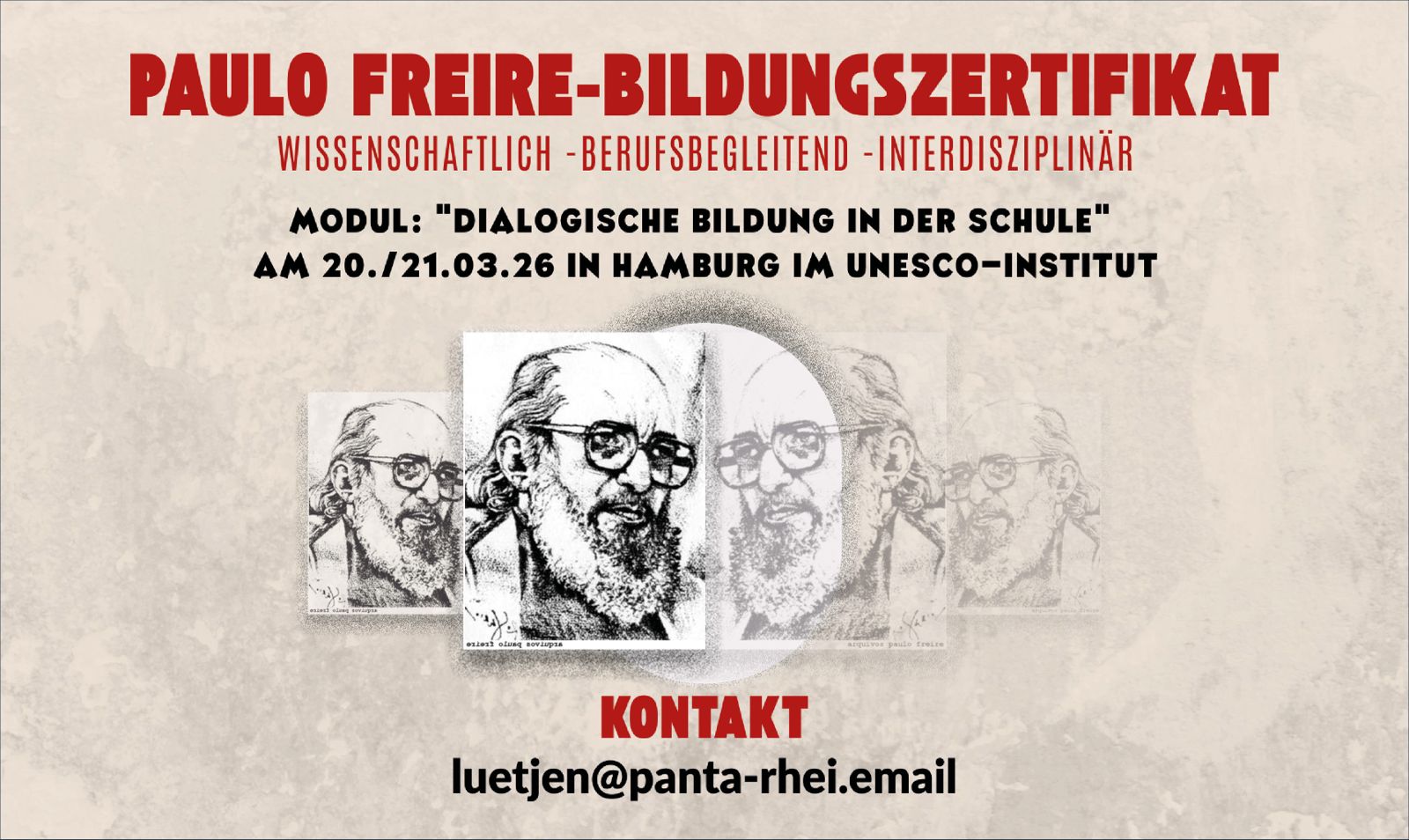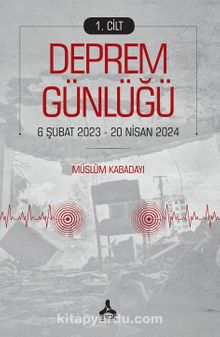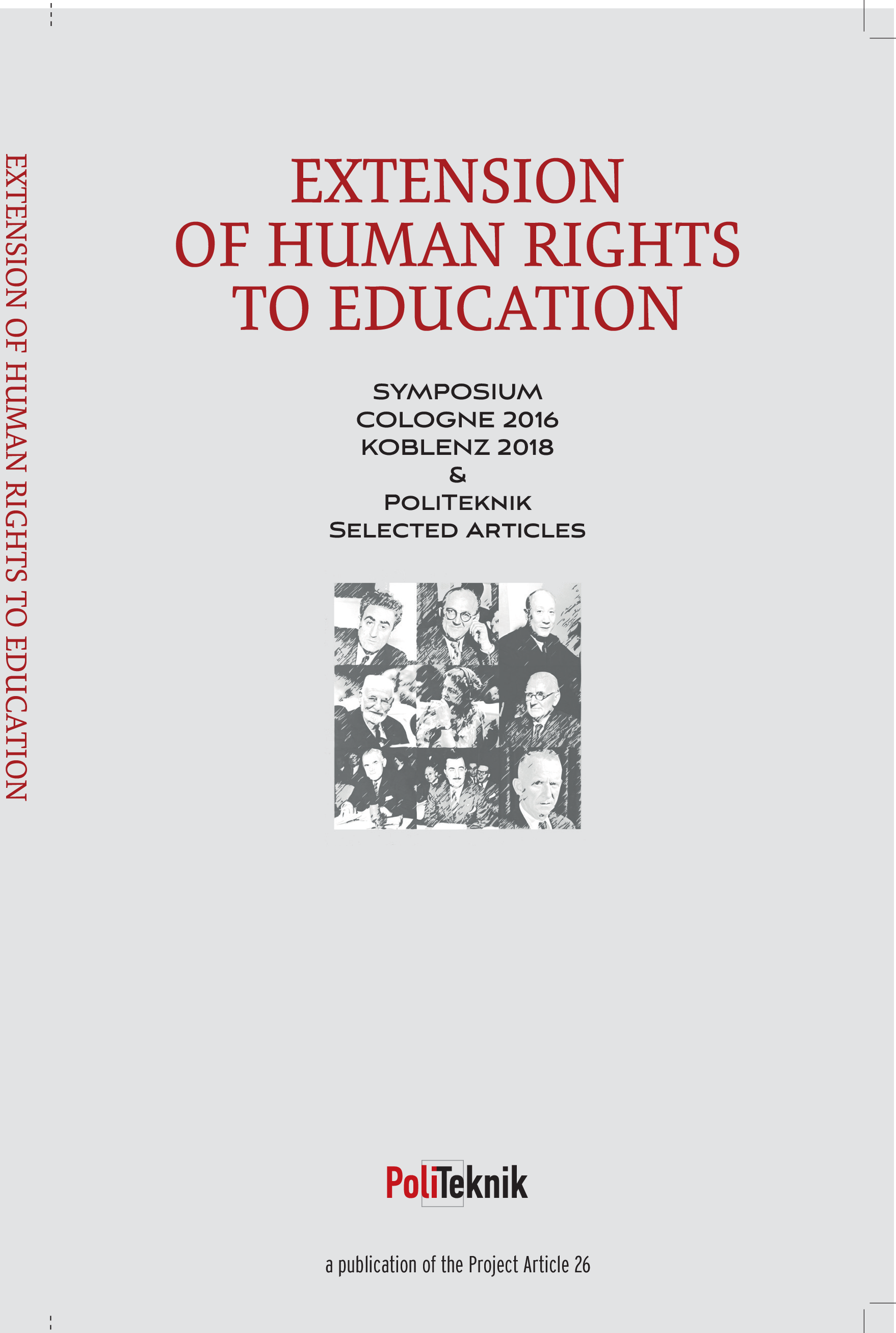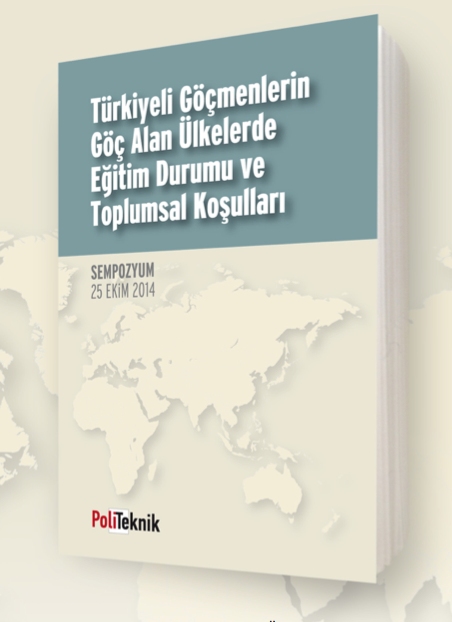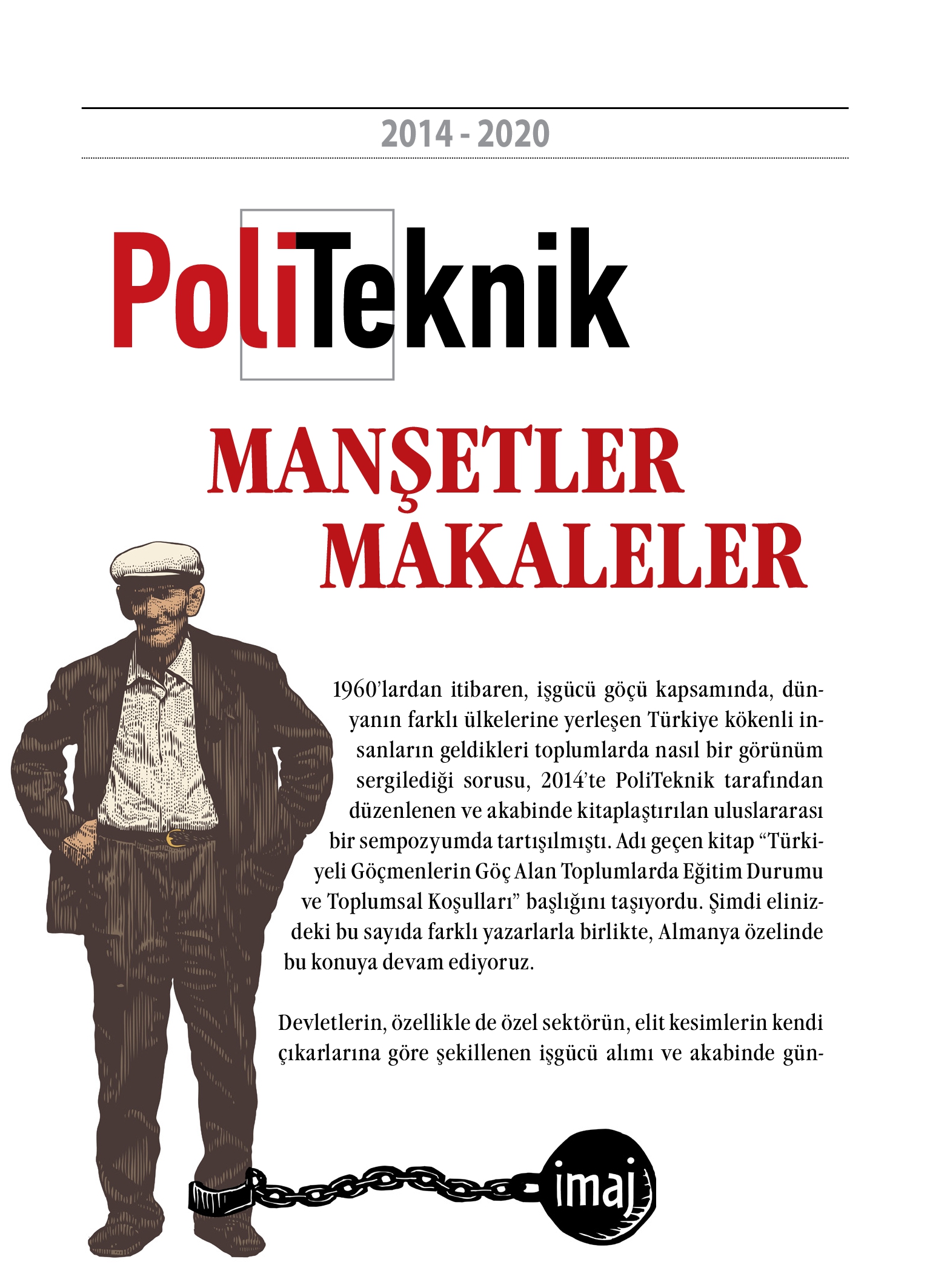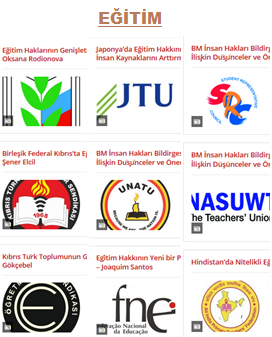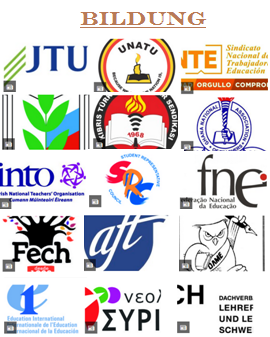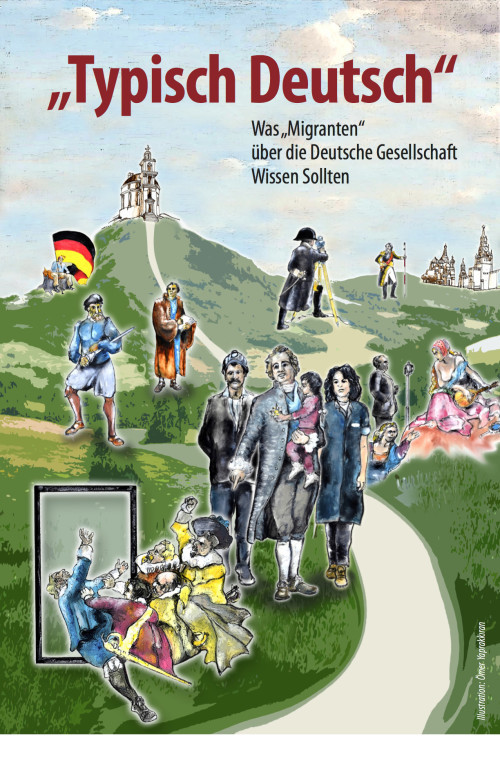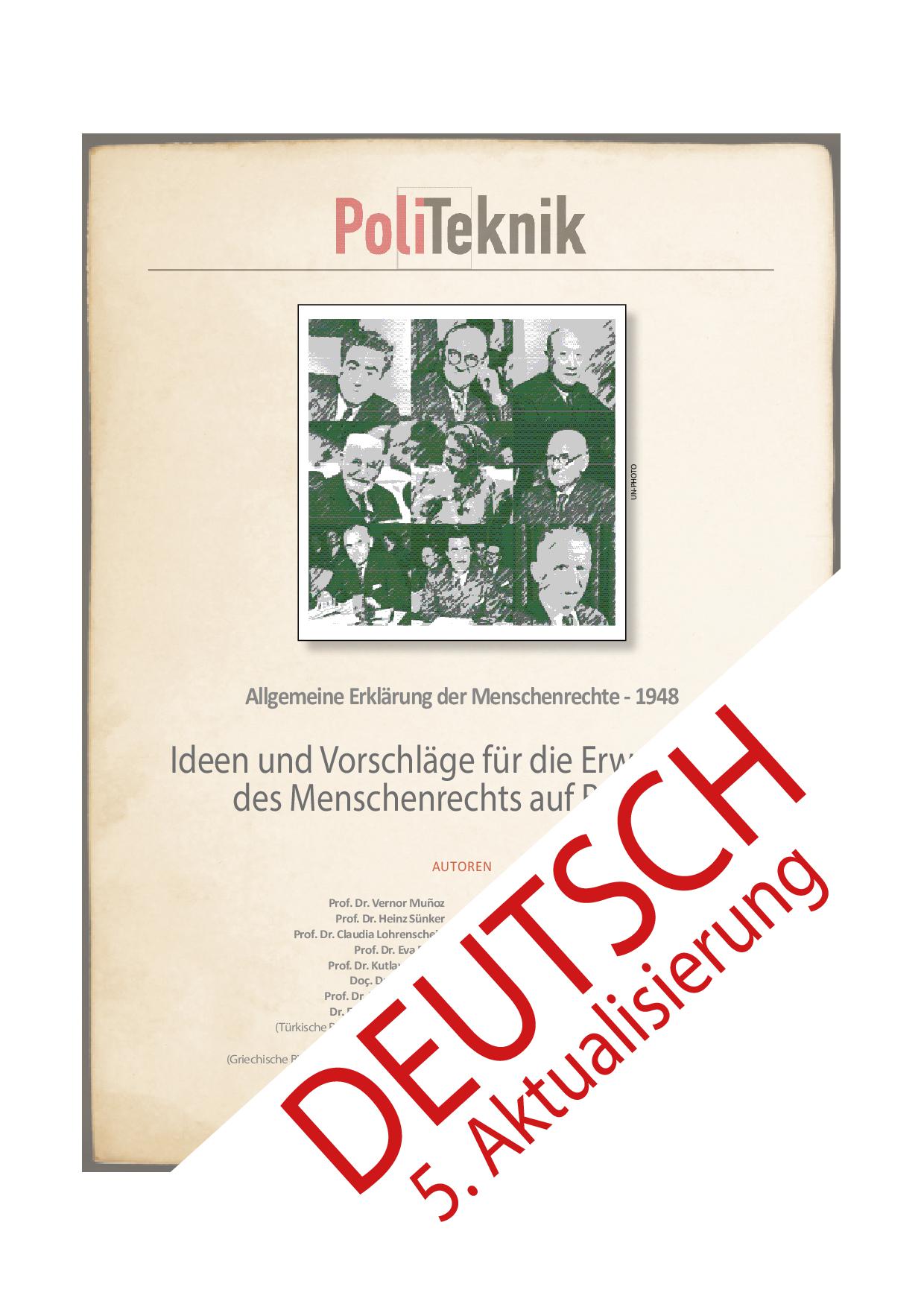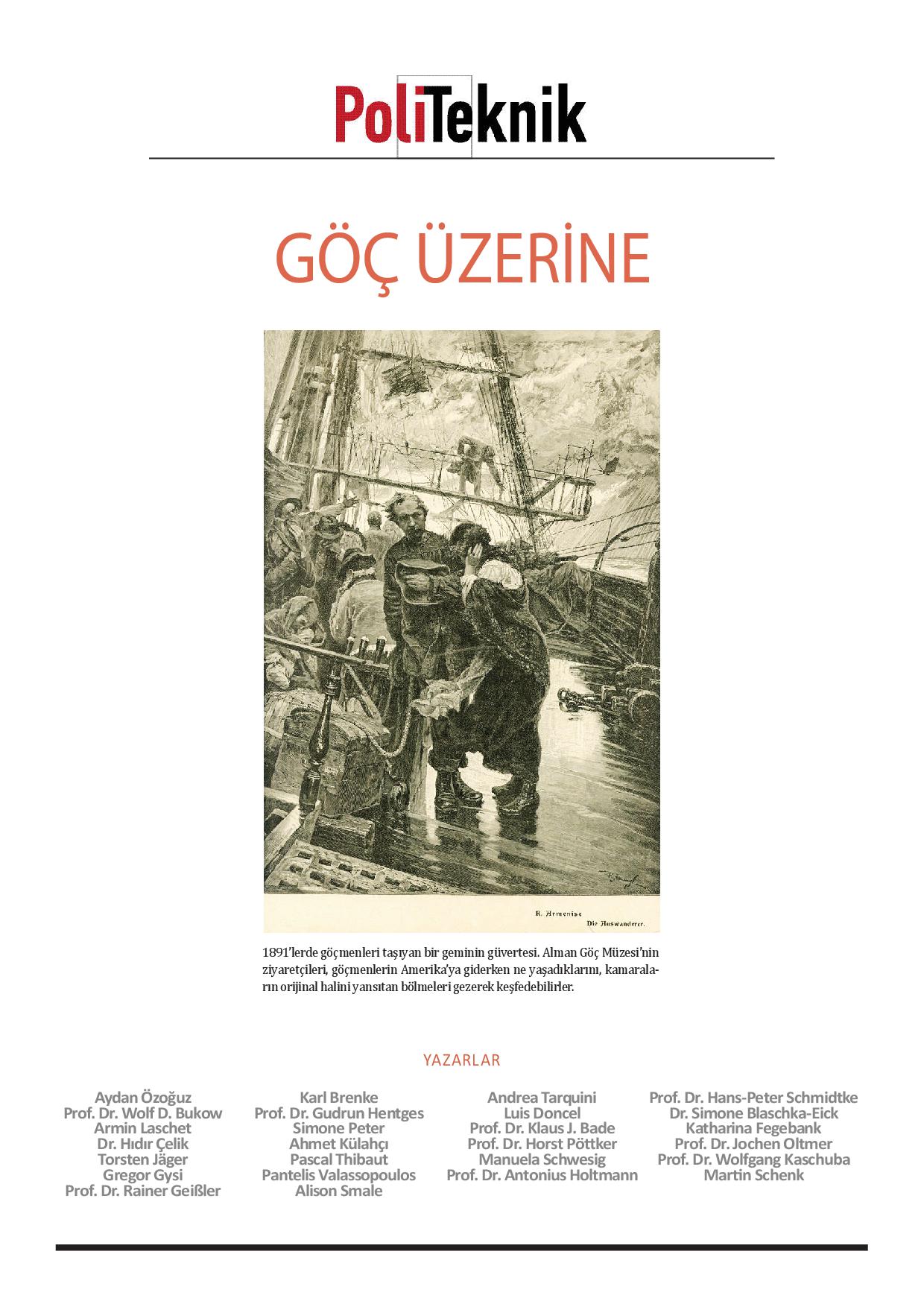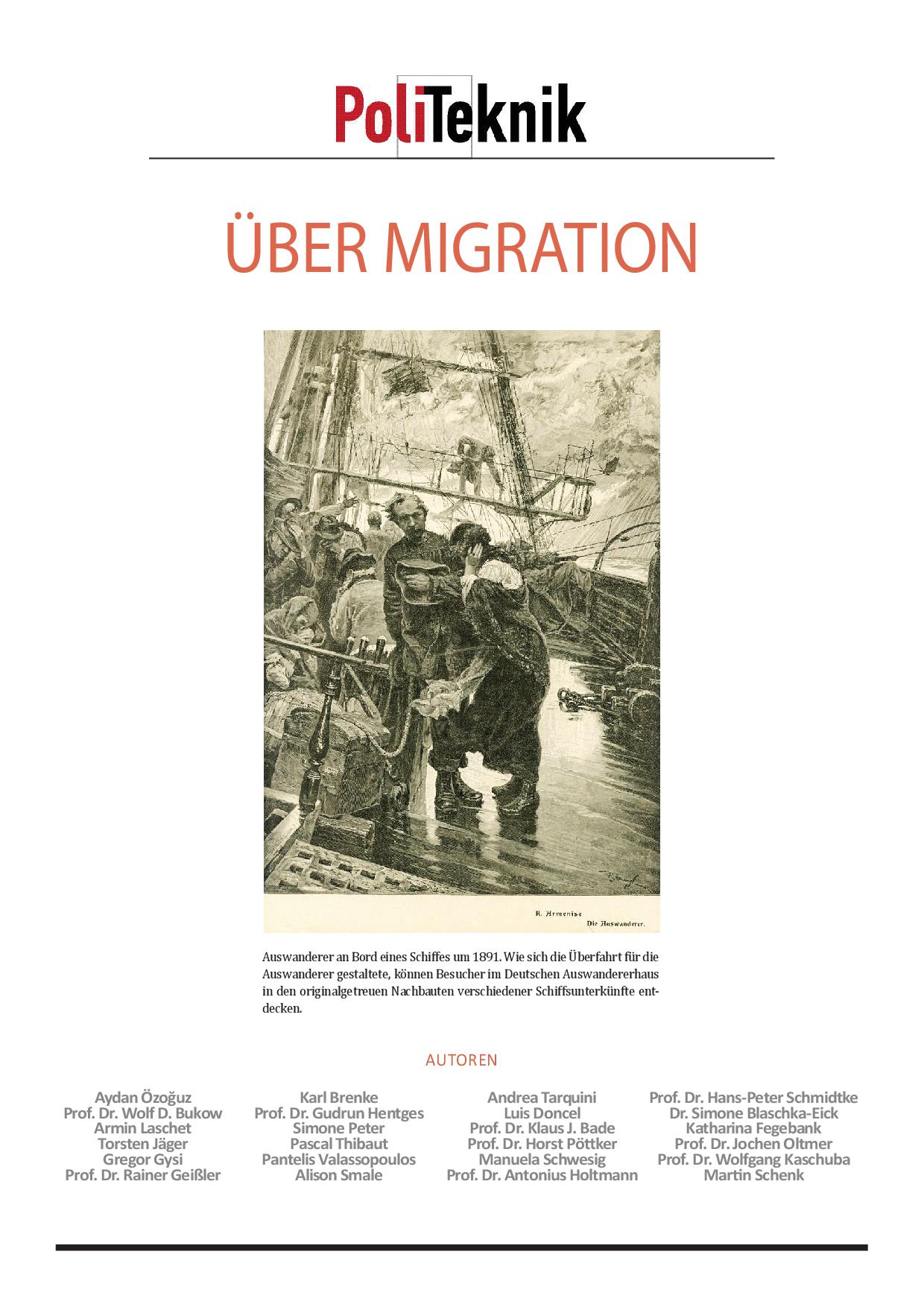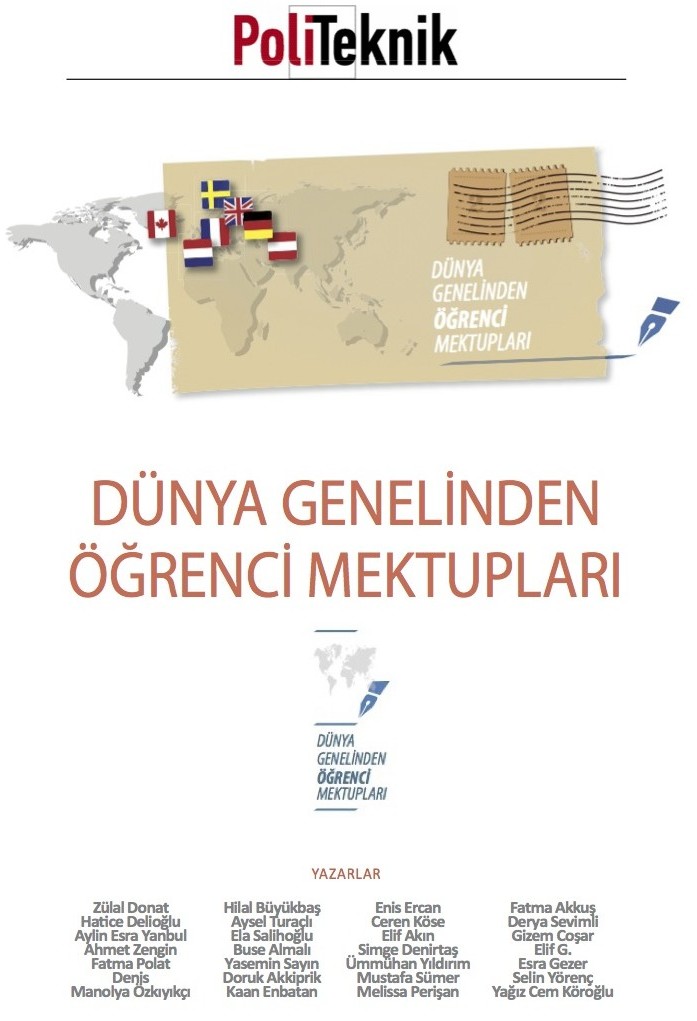The main and in my opinion, the most important points of the Article 26 of Universal Declaration of Human Rights are… (!!!Only mention the bold points!!!)
- Everyone has the right to education. Education shall be free, at least in the elementary and fundamental stages. Elementary education shall be compulsory. Technical and professional education shall be made generally available and higher education shall be equally accessible to all on the basis of merit.
- Education shall be directed to the full development of the human personality and to the strengthening of respect for human rights and fundamental freedoms. It shall promote understanding, tolerance and friendship among all nations, racial or religious groups, and shall further the activities of the United Nations for the maintenance of peace.
- Parents have a prior right to choose the kind of education that shall be given to their children.
- How do you evaluate your education in terms of quality? What are the pros and cons you observe?
As a student who studies in a grammar school (a type of selective school) in England, who is also going to sit their GCSEs in a couple of months, I would say that the education is not as perfect or amazing as many would expect it to be. Naturally, as I am sure this applies to many other schools, the type of school you go to or the reputation the name of the school holds does not define the quality of education it provides. Yes, I have many teachers with outstanding qualifications and a great ability to teach, however, as expected, there are errors made and areas of improvement apparent. What makes a school or an education centre so great is their openness to improvement and ability to take aboard constructive criticism.
I am sure that many people will hold alternative views to my own in many different ways because school life is personal to an individual. These are my own experiences. My school life is not the end of my work as a student: shifting the focus to education outside of school, I can fairly say that my parents and older brother are the people who support me the most academically. They provide for books, tuition, courses and tutors etc. and ensure that I am on track in school. I believe that they are the three people who want me to succeed the most: not only academically but also in other forms. I would say that I personally have all the necessities I need to get the results needed to pursue my goals.
Objective: student sharing view about his/her own education, how she/he evaluate his/her own education.
- Do you think everyone has a good access to education on your country/region? Why?
I believe that, especially in the UK, everyone has access to education however nor can I confirm nor deny whether it is good or not. I can only speak from my own experience. In the UK, specifically, it is mandatory for children to attend school until the age of 16 and sit their GCSEs, which are the standard qualification in England. This means that they have at least an intermediate understanding of about 11 different subjects plus the life skills they learn from enrichment, thinking skills and PSHE (personal, social, health, economics). Despite this, I know there are many deprived areas (or areas where there are high crime rates) in England (such as parts of London) where the quality of education is much lower than the standard. This will most definitely affect the child’s performance and influence the school’s role in their education. It will without a doubt affect students’ attitude towards education and its importance: opinions an individual develops in their formative years tend to be strong and fixed. However, I also know people who achieved all 9s in their GCSEs in spite of their school’s reputation or ability because of the extra work they took the initiative to do outside of school. Even in my grammar school, we are constantly told that in order to stand out and really succeed in your education, you must work for it yourself and have to work hard outside school, even if it is just an online course like MyGCSEScience. In my opinion this is a crucial view that one must develop at one point in their lives, because even in a country like mine, where help is given to everyone, one must work for themselves – nothing will be given to you on a silver platter.
Objective: sharing the vision of the student about education in her/his own country, region or community. Some different social contexts shall appear here.
3.What do you think would be a good idea to make education and access to education better in your country? What could be done and who could do it?
The UK is currently about the 20th best country for education, however I strongly believe that it could definitely be improved. Perhaps with a little more funding, Pupil Premium aids (which means additional funding for publicly funded schools in England) could be improved. Perhaps schools could spend more money on extracurricular clubs like boosters and theatrical shows to both boost morale, enforce a sense of unity within the students of the school and to show how education is more than a few papers that you sit – it is a measure of how well rounded an individual is – and it is vital that they are aware that it does not end with school: education is something that follows you throughout your life. I feel that if more students become aware of this early on, they will have a different stance towards education and its meaning. It is crucial that a student knows the meaning of education before embracing it – only then can they truly appreciate it. Programs to drill this idea into the minds of children would encourage them to come to school and informing their parents of the importance of education would without a doubt decrease the rates of illiteracy. Furthermore, making students and their carers aware of internet resources would boost access to education.
Objective: sharing a notion of a way to follow in extending the right to education by the views of the students

